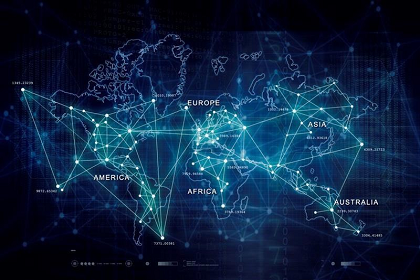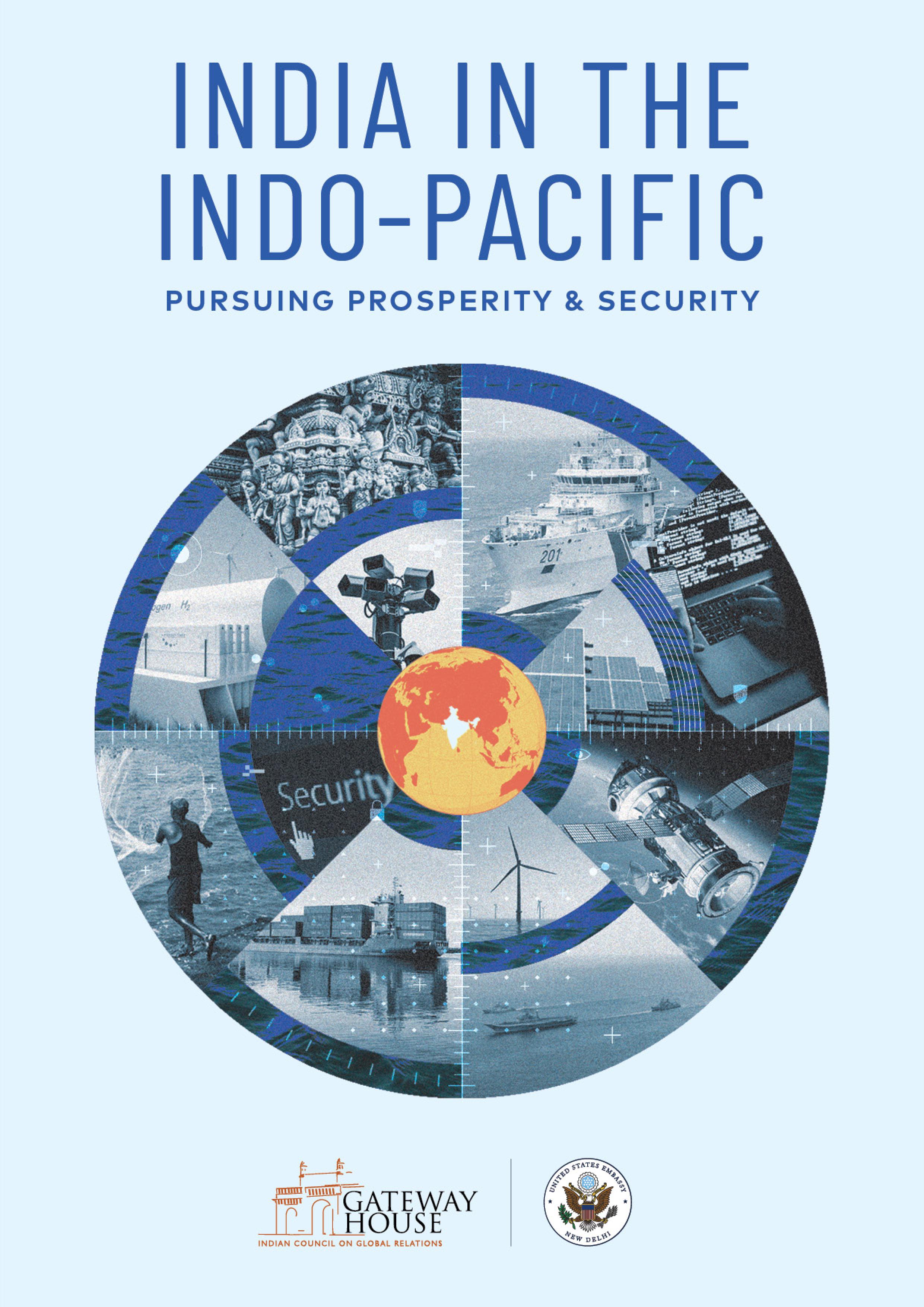Cooperation for digital standards and interoperability
Digital services trade is a fundamental and growing element of our shared economic future. But policy makers are disrupting cross-border ecosystems by adopting divergent governance approaches. To realise the full potential of an inclusive digital market, it is vital that we embrace new means of regulatory cooperation on cornerstone technologies.










